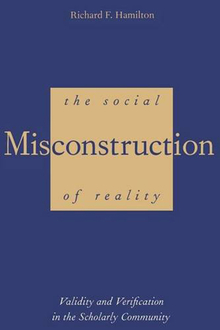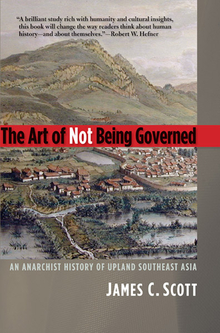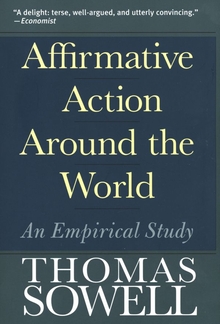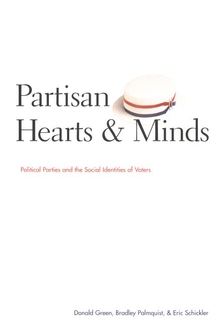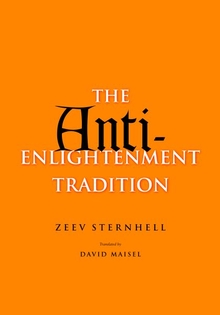The Social Misconstruction of Reality
WARNING
You are viewing an older version of the Yalebooks website. Please visit out new website with more updated information and a better user experience: https://www.yalebooks.com
Validity and Verification in the Scholarly Community
Richard F. Hamilton
Hamilton finds that despite critiques by historians, some scholars continue to believe Max Weber's claim that a strong linkage between Protestantism and worldly success led to the rise of the capitalist West. Similarly, many academics still argue the discredited view that the German lower middle class voted overwhelmingly for the Nazis. Foucault's flawed interpretation of the "birth of prison" and other disciplinary concepts in modern society finds wide acceptance in many academic circles, despite a lack of serious empirical support. In each of these three cases, the author assesses the logic and empirical accuracy of the accepted theory and alternative theories, and he investigates the social processes giving rise to misconstructions. He finds a remarkable disparity between the presumed commitment of scholars to evidence and their easy acceptance of undocumented argument. His book sounds a clear alert to the academic community.
"A splendid book."—David Schultz, International Studies in Philosophy
"A first-rate piece of work that will serve as a badly needed corrective to scholarly laxness and intellectual group-think."—Henry Ashby Turner, Jr.
"Hamilton has initiated an important scholarly debate. His pioneering probe presents a major challenge to the establishment and preservation of orthodoxies in academia."—Frank M. Turner
"A fascinating investigation into the social construction of academic knowledge. . . . Provocative reading for academic audiences."—Choice
"Examines the social determinants of knowledge, looking closely at the ways social misconstructions originate and thrive by focusing on three concepts that find wide acceptance in modern society despite a lack of serious empirical support: Max Weber's claims that a strong linkage between Protestantism and worldly success led to the rise of the capitalist West; the discredited view that the German lower middle class voted overwhelmingly for the Nazis; and Foucault's flawed interpretation of the 'birth of prison'."—Reference & Research Book News
"Hamilton has written an important and interesting critique of sociology. . . . Hamilton is to be congratulated on having written a very thorough, critical account of several key issues in historical sociology. It ought to find a key place in the teaching of advanced courses on sociological theory as an antidote to uncritical 'theorising'. Hamilton returns us firmly to the principle that theories can be falsified by empirical evidence and that when they are, they should be discarded."—Christie Davies, Sociology
"Hamilton's book should be required reading in both theory and methods classes, particularly when coupled with a reading of the works he analyzes."—Robert R. Alford, Theory
Publication Date: November 5, 2013

